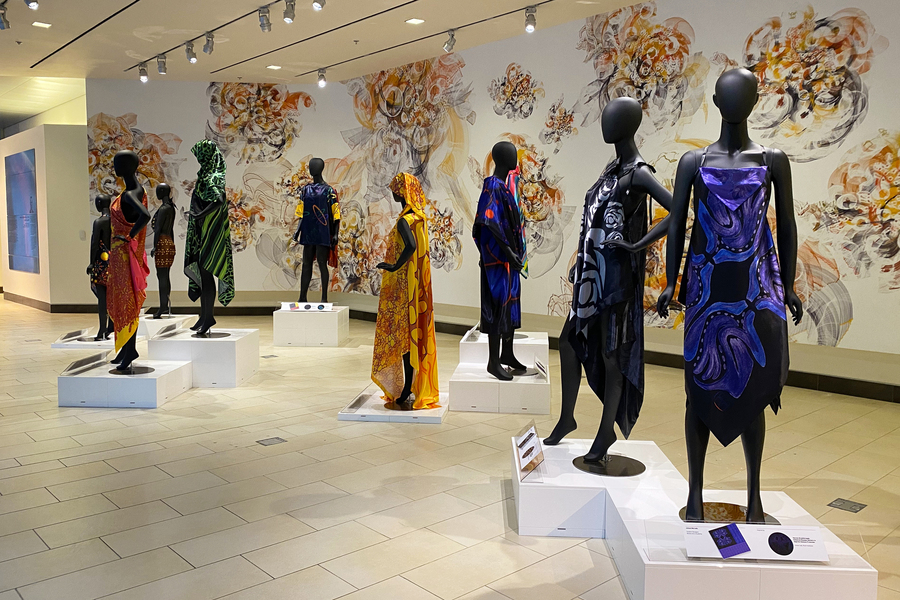Sustainability has become more than just a buzzword; it’s a movement that’s reshaping the fashion industry from the ground up. As consumers become increasingly aware of the environmental and social impacts of their purchasing decisions, the demand for sustainable fashion continues to soar. In this comprehensive guide, we’ll explore the significance of sustainable fashion, its key principles, and how it’s revolutionizing the way we dress.
Understanding Sustainable Fashion
Sustainable fashion, also known as eco-fashion or ethical fashion, is a holistic approach to clothing design, production, and consumption that seeks to minimize environmental impact, promote social responsibility, and uphold ethical practices throughout the supply chain. At its core, sustainable fashion aims to create clothing that is made ethically, with minimal harm to the environment and maximum benefit to society.
Key Principles of Sustainable Fashion
1. Ethical Production
Sustainable fashion prioritizes fair labor practices, ensuring that garment workers are treated fairly, paid a living wage, and provided with safe working conditions. This includes supporting factories and artisans that adhere to ethical labor standards and empowering workers with fair wages and opportunities for advancement.
2. Eco-friendly Materials
Another key principle of sustainable fashion is the use of eco-friendly materials that minimize environmental impact. This includes organic cotton, hemp, bamboo, and other natural fibers that are grown without harmful pesticides or synthetic fertilizers. Additionally, sustainable fashion promotes the use of recycled materials, upcycled fabrics, and innovative alternatives to traditional textiles, such as recycled polyester made from plastic bottles or regenerated nylon from discarded fishing nets.
3. Circular Economy
Sustainable fashion embraces the concept of a circular economy, where clothing is designed, produced, used, and recycled in a closed-loop system. This involves extending the lifespan of garments through durable design, repair, and refurbishment, as well as promoting clothing rental, resale, and recycling programs to minimize textile waste and maximize resource efficiency.
4. Transparency and Accountability
Transparency is paramount in sustainable fashion, with brands committed to disclosing information about their supply chain, production processes, and environmental impact. By fostering transparency and accountability, consumers can make informed choices about the brands they support and hold companies accountable for their social and environmental practices.
The Impact of Sustainable Fashion
The impact of sustainable fashion extends far beyond the clothes we wear; it encompasses environmental conservation, social justice, and economic development. By embracing sustainable practices, the fashion industry can reduce carbon emissions, conserve water resources, and protect biodiversity. Additionally, sustainable fashion promotes social equity by empowering marginalized communities, supporting artisanal craftsmanship, and preserving cultural heritage.
Embracing Sustainable Fashion
As consumers, we have the power to drive positive change through our purchasing decisions. By supporting brands that prioritize sustainability and ethical practices, we can collectively reshape the fashion industry and create a more equitable and environmentally conscious future. Whether it’s choosing clothing made from organic materials, supporting local artisans, or participating in clothing swaps and secondhand shopping, every action we take towards sustainable fashion makes a difference.
Conclusion
In conclusion, sustainable fashion is more than just a trend; it’s a movement towards a more ethical, equitable, and environmentally sustainable future. By embracing the principles of sustainable fashion and advocating for positive change within the industry, we can create a fashion ecosystem that respects people, planet, and prosperity for generations to come.





